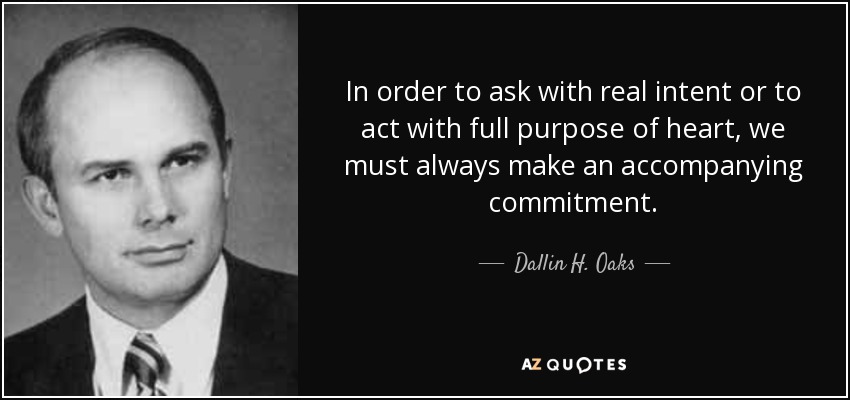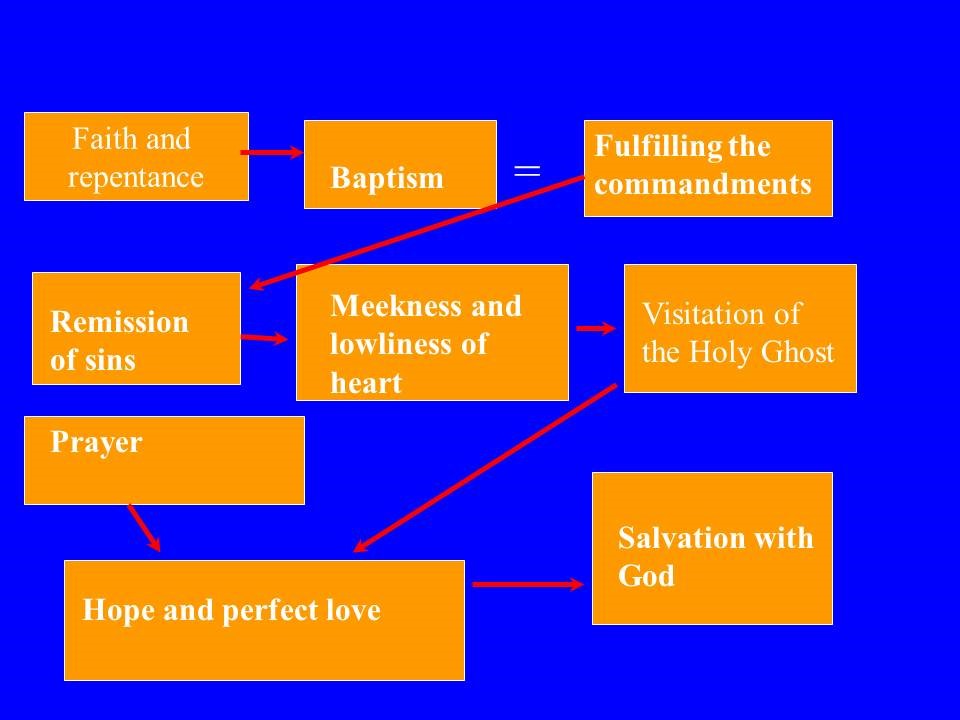To accompany your Come Follow Me study for the week of December 9-15
You will enjoy the following videos as you study this week’s material:
And you’ll enjoy the related commentary in the Institute Student Manual:
If you would like a Kahoot game related to this material which you could use for personal study or use with your family or your class, click here: https://create.kahoot.it/share/moroni-7-9/c1a45e90-4263-45c0-b52c-46433bbb599f. To use it with a group, after clicking on this link, you will need to log into Kahoot, creating a free account if you have not done so previously, then click on the blue “Host Live” button or the gray “Assign” button, depending on how you wish to use the Kahoot. Some of the Kahoot questions may presuppose that the player has read through the suggested answers to the following Points to Ponder and at least has browsed the Institute student manual as well.
Points to Ponder in Moroni 7-9
1. How does the “rest” of 7:3 differ from relaxation? Do you find Church membership and activity “restful”? Is President Nelson at “rest”? What kind of rest do you expect in heaven? Compare Alma 40:12.

2. Is it literally true that an evil person can’t do anything good? (7:5-12) Is everything either black or white, good or evil? Can’t even the devil tell the truth sometimes or heal someone? What does Moroni mean?

3. Does 7:6 mean that if you don’t really want to pay your tithing you don’t have to pay it? Or that if you don’t feel like praying you don’t need to pray? How does this square with Brigham Young’s observation that if you pray only when you feel like it, you won’t do much praying in this life? Or with William James’ teaching that by acting as if you had a certain emotion you can actually develop the emotion itself?
4. What practical applications do you see for Moroni’s counsel about how to tell good from evil? Using his criteria, how could you determine whether
a. A healing by a non-Latter-day Saint was from God?
b. it was good or bad to skip Church in order to visit a friend in the hospital?
c. a certain TV program should be watched on Sunday, or at all?

5. If the “Spirit of Christ is given to every man, that he may know good from evil,” why must one still “search diligently” that he may know good from evil? (7:16-19)

6. Is revelation primarily an influx of new ideas or a confirmation of the rightness or wrongness of already formulated ideas?
7. Is it true that if one has never had an encounter with an angel or witnessed a miracle or enjoyed the gifts of the Spirit, “it is because of unbelief”? (7:37; see also 10:24-25.)

8. What help does Mormon have in chapter 7 for missionaries who want to love the people in their assigned area but are having a hard time doing so? Or for married couples who don’t feel the affection for each other they once did or wish they did? Is this a practical approach?
9. Why do some religions believe in infant baptism when, as Mormon puts it, it wouldn’t seem fair for God to require it? (Moroni 8)

10. How could it be true that those who die believing in the need for infant baptism will go to hell, no matter what else they have done? (8:14-15)
11. Does 8:16 mean that those who are nervous about speaking in Church have insufficient love? Or that those who are afraid to fight in a war are similarly uncharitable? Explain.

12. Can you diagram the relationship among gospel principles as outlined in 8:25-26.
13. What was the real reason for the downfall of the Nephites? Moroni 8:27 says it was pride, 9:23 says it was the wilfulness of their hearts and desire for blood and revenge, while Ether 8:21 says it was secret combinations. Who is right?
14. What, to you, are the two most important verses in chapter 9? What important principle do we learn from each?
Possible Answers to Points to Ponder in Moroni 7-9
1. How does the “rest” of 7:3 differ from relaxation? Do you find Church membership and activity “restful”? Is President Nelson at “rest”? What kind of rest do you expect in heaven? Compare Alma 40:12.
This rest is a kind of spiritual peace which often is greatest when one is actively and energetically engaged in a good cause. In the hereafter the righteous will no doubt be busily and happily involved in service and learning, rather than in prolonged idleness.

2. Is it literally true that an evil person can’t do anything good? (7:5-12) Is everything either black or white, good or evil? Can’t even the devil tell the truth sometimes or heal someone? What does Moroni mean?
While there may be varying degrees of wickedness, all are promoted by Satan and all may be equally destructive to spirituality unless repented of. The devil does no good. If he tells the truth or a partial truth. it is only to gain credibility or to make his traps more palatable. If he healed a body, it would be only to attempt to enslave a soul. Even otherwise useful deeds can be rendered “evil” if the motives behind them are evil.
3. Does 7:6 mean that if you don’t really want to pay your tithing you don’t have to pay it? Or that if you don’t feel like praying you don’t need to pray? How does this square with Brigham Young’s observation that if you pray only when you feel like it, you won’t do much praying in this life? Or with William James’ teaching that by acting as if you had a certain emotion you can actually develop the emotion itself?
I agree with the principles put forth by both Brigham Young and William James, but only because the performance of an action, even without the proper spirit, may lead one to acquire that spirit. Until the right spirit accompanies the action, the action itself cannot be considered righteous.

4. What practical applications do you see for Moroni’s counsel about how to tell good from evil? Using his criteria, how could you determine whether
a. A healing by a non-Latter-day Saint was from God?
b. It was good or bad to skip Church in order to visit a friend in the hospital?
c. A certain TV program should be watched on Sunday, or at all?
If a healing leads a person to be more likely to investigate the true church and join it, the healing was from God. If it makes him more satisfied with a religion with only partial truth, it evidently was not.
If we skip church to visit a friend because we believe that’s what God would want us to do, the feeling and activity were good. If we visit the friend as an excuse not to have to go to church, they were not.
If a Sunday TV program makes us feel closer to God and more desirous of serving Him, it was good to watch it. If it diluted our spirituality or distracted us from even more uplifting and urgent activities, it was not.
5. If the “Spirit of Christ is given to every man, that he may know good from evil,” why must one still “search diligently” that he may know good from evil? (7:16-19)
The Spirit of Christ is more like a flashlight than a telephone. We must still shine a flashlight to find and recognize what we might be looking for in the dark. As we examine ideas and activities with the light of Christ, if we look hard and ponder carefully, we can recognize their divine or Satanic source.
6. Is revelation primarily an influx of new ideas or a confirmation of the rightness or wrongness of already formulated ideas?
Most commonly a confirmation of the rightness or wrongness of already formulated ideas, though it can include new ideas when it suits the Lord’s purposes.
7. Is it true that if one has never had an encounter with an angel or witnessed a miracle or enjoyed the gifts of the Spirit, “it is because of unbelief”? (7:37; see also 10:24-25.)
Evidently, though it is possible to experience spiritual gifts without recognizing them for what they are.
8. What help does Mormon have in chapter 7 for missionaries who want to love the people in their assigned area but are having a hard time doing so? Or for married couples who don’t feel the affection for each other they once did or wish they did? Is this a practical approach?
Mormon tells us in 7:48 to pray “with all the energy of heart” to be filled with love. No approach is more practical or as likely to be helpful. This kind of love doesn’t come by one’s just gritting his teeth and trying to be more loving. It comes as a gift of the Spirit, following sincere righteousness and prayer.
9. Why do some religions believe in infant baptism when, as Mormon puts it, it wouldn’t seem fair for God to require it? (Moroni 8)
Some may have taken passages such as John 3:5, which speak of the need for baptism, without balancing them with other passages concerning God’s justice and love. Some, on the other hand, may be possessed of a judgmental spirit which would rather see others condemned than have mercy extended to them.
10. How could it be true that those who die believing in the need for infant baptism will go to hell, no matter what else they have done? (8:14-15)
Those who relish the idea of the condemnation of unbaptized infants are obviously without the Spirit of the Lord or a spirit of love which would qualify them for salvation. If they die in that state, it is harder to change in the hereafter and will evidently have to experience some of the emotional anguish the scriptures term “hell” before they can be fit for any kingdom of glory. Presumably, this does not apply to those who believe in the doctrine reluctantly only because they have been so taught by their priests.
11. Does 8:16 mean that those who are nervous about speaking in Church have insufficient love? Or that those who are afraid to fight in a war are similarly uncharitable? Explain.
Yes, if the “nervousness” is rooted in a selfish concern about the impression he will make, despite the good his talk might do others, rather than a manifestation of a proper sense of personal inadequacy which will lead him to seek divine assistance. Likewise, one who perfectly loves his fellow men and his God will find little terror in war compared to the one who primarily loves himself and whose first goal is mortal survival.
12. Can you diagram the relationship among gospel principles as outlined in 8:25-26.
How about the following?

13. What was the real reason for the downfall of the Nephites? Moroni 8:27 says it was pride, 9:23 says it was the wilfulness of their hearts and desire for blood and revenge, while Ether 8:21 says it was secret combinations. Who is right?
These are not mutually exclusive categories. The Nephite destruction was due to all of them.

14. What, to you, are the two most important verses in chapter 9? What important principle do we learn from each?
Your choice. I might pick verse 6 and verse 9, which remind us that:
9:6: We should never give up on less active members, wayward children, or faithless friends. Even if they don’t accept our efforts, we will save our own souls in the process.
9:9: Chastity and virtue are “most dear and precious,” even though today’s world has largely forgotten that.
